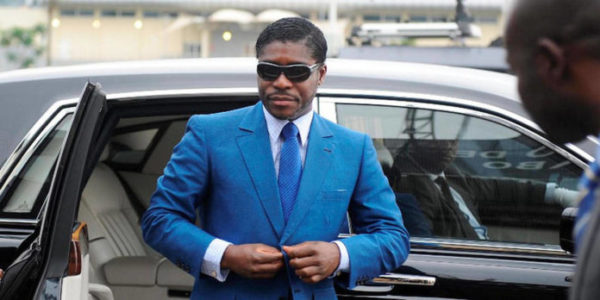The International Court of Justice (ICJ) in The Hague will deliver on December 11, 2020, the final verdict in the “violation of diplomatic immunity” case between Equatorial Guinea and France. A facet of the “ill-gotten gains affair” at the origin of the diplomatic quarrel between the two countries.
After four years of instructional twists and turns, the ICJ will come to a final decision next Friday in this case which has poisoned political and economic relations between the two countries. The sentence expected at the weekend is in line with the hearings of February 17 and 21, 2020, which provided for the final verdict last April, before being dismissed due to the Covid-19 pandemic.
To understand the twists and turns of this affair, we must go back to 2016 when Equatorial Guinea, in order to assert its rights, decided to file a complaint before the highest court of the United Nations, under the pretext that “France violated diplomatic immunity of the Vice-President of the Republic, Teodoro Nguema Obiang Mangue ”.
The Equatorial Guinean government, which does not hide its optimism, indicated on December 7, 2020 that a first verdict rendered in June 2018 on the preliminary objections raised by France was favorable to the complainant, since “the verdict clearly indicated that Equatorial Guinea won against France on three of the four points at stake ”.
Despite “France’s attempts to demonstrate that the ICJ was not competent” to rule on this case, “the court, in a final and binding decision on the parties, declared that it was competent to hear the case , on the basis of the optional protocol to the Vienna Convention on Diplomatic Relations ”indicated the Equatorial Guinean presidency.
According to the same sources, the ICJ rejected a third preliminary objection from France and excluded, by fourteen votes to one, declaring that bringing the case to the International Tribunal by Equatorial Guinea constituted an “abuse of process” . This trial in The Hague, Holland, falls directly into the so-called “ill-gotten gains” cases that pit France against certain African countries, in this case the Congo, Gabon and Equatorial Guinea. However, there is no indication that this will be the epilogue, as more court cases are pending.



